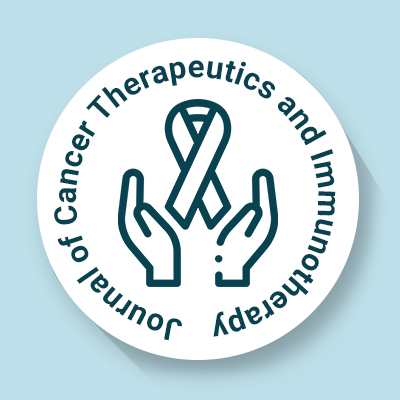
Journal of Cancer Therapeutics and Immunotherapy
OPEN ACCESS

OPEN ACCESS
Carcinogenesis, also known as oncogenesis or tumorigenesis, is the process by which normal cells transform into cancer cells. This transformation involves various changes at the cellular, genetic, and epigenetic levels, leading to uncontrolled cell division. Normally, cell division is a tightly regulated process, balancing cell proliferation and programmed cell death (apoptosis) to maintain tissue and organ integrity. However, mutations in DNA and epigenetic modifications disrupt these regulatory mechanisms, causing unchecked growth and division of cells, ultimately leading to cancer.
The most widely accepted theory explaining carcinogenesis is the somatic mutation theory. According to this theory, mutations in DNA and epigenetic alterations interfere with the normal regulatory processes that control cell growth and apoptosis. These changes upset the balance between cell proliferation and cell death, allowing cancerous cells to evolve and multiply through natural selection within the body.
Chromosomal translocations: Abnormal fusions between different chromosome regions, such as the Philadelphia chromosome in chronic myelogenous leukemia, which results from translocation between chromosomes 9 and 22. This leads to the production of the BCR-ABL fusion protein, a cancer-promoting enzyme.
Small-scale mutations: Point mutations, insertions, or deletions that impact gene expression or protein function. Viral integration: Some viruses, such as retroviruses, can insert their genetic material into a host cell’s genome, potentially activating oncogenes or disrupting tumor suppressor genes.
Understanding the mechanisms behind carcinogenesis is crucial for developing targeted cancer treatments. Research continues to explore how genetic and epigenetic alterations contribute to tumor formation, paving the way for advancements in early detection, prevention, and therapy.